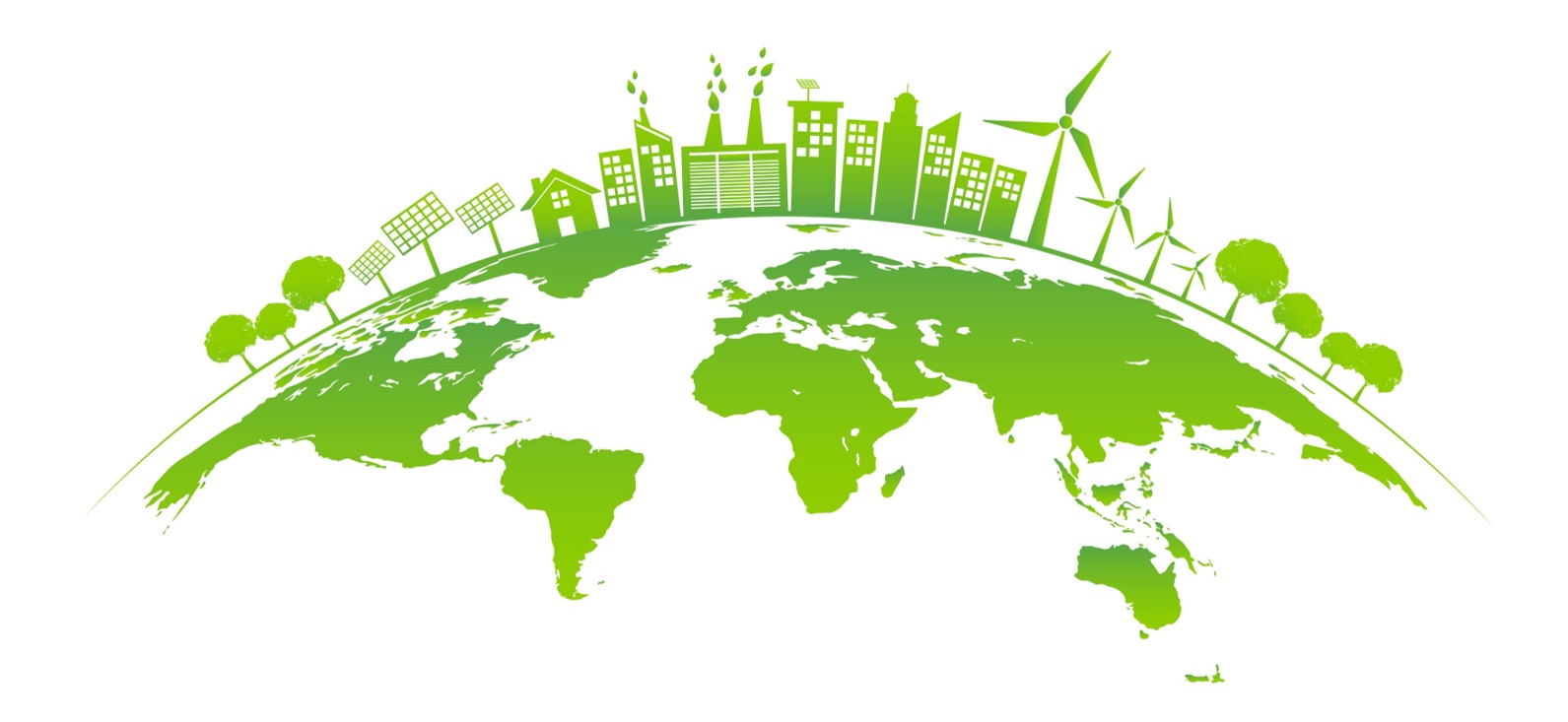Published Wednesday 29th January 2020
A new year is upon us, there is some immediate market news to digest and potentially act on, and some further policy changes coming in during 2020.
Incineration Tax may lead to higher prices (unless you take action). The Netherlands is set to introduce a tax of around €30 from 01 January 2020 for waste that is sent to Refuse Derived Fuel (RDF). Sweden has also announced a similar measure planned for April 2020. Due to a lack of waste management infrastructure in the UK, a lot of waste from the UK is sent to other countries to be dealt with in this way rather than be sent to expensive UK Landfills.
Exporters to these countries are likely to encounter price increases as a result. This is likely to affect British businesses in one of two ways:
- Your supplier may look to increase your costs soon or your annual cost increase may be higher than usual.
- Your supplier may look to send your waste to landfill which is worse for the environment. This may violate your environmental policies.
What can you do?
- Review your waste processes – is everything being recycled or re-used that can be?
- Can your waste prices be benchmarked against prices in the market, so that you aren’t paying more than you should be?
- Can sustainable procurement help you waste less?

The changing face of waste policy. From the political gutter to the main-stream
We have a new Government in this new age of ecological attention. Boris Johnson’s Government has already outlined that it will be bringing forward an Environment Bill in the latest Queens Speech. The Environment Bill 2020 will be the first environment bill in 20 years. It has already been described as a
‘Landmark bill’ by the Chartered Institution of Waste Management. Here’s what it will likely include: Extended Producer Responsibility for packaging and other waste streams – following the ‘producer pays principle’ this policy is meant to ensure that manufacturers and retailers take a much bigger part in preventing their packaging becoming waste and in tandem, will look to increase the responsibility in the supply chain for the disposal of said packaging.
Clearer labelling on packaging so consumers know what they can recycle and introduction of set-resource efficiency standards for products will also be included. These changes will likely push consumers to towards products that can be more easily recycled, as well as products that last longer and which can be re-used and repaired more easily. We may also see a common theme in future, that is to rationalise and bring uniformity to recycling within the UK.
While we are yet to see proposed changes around collections, it is already the law in Scotland for businesses to separate their waste streams – Wales will be following suit and no doubt England soon also. Please contact us if you need help or advice on how to best manage your waste or improve your sustainability credentials. If your business isn’t thinking about its environmental impact from packaging and products that it makes, uses or sells – then it should be as these changes will very likely affect your business.
Contact us today and we can support your business to develop an effective environmental policy, protecting your business interests as well as the environment. You may also find our Emerging Plastic Policy white paper, which provides insights and actions you can use to improve the operational efficiency of your business whilst reducing plastic waste.

About the Author: Daniel Howells, is a Chartered Waste Manager and Waste Management Consultant. He is a former Key Account Manager at one of the largest waste management companies in the UK. Specialising in the development of strategic plans and project management of key long-term projects providing cost saving initiatives.
07786 141 011